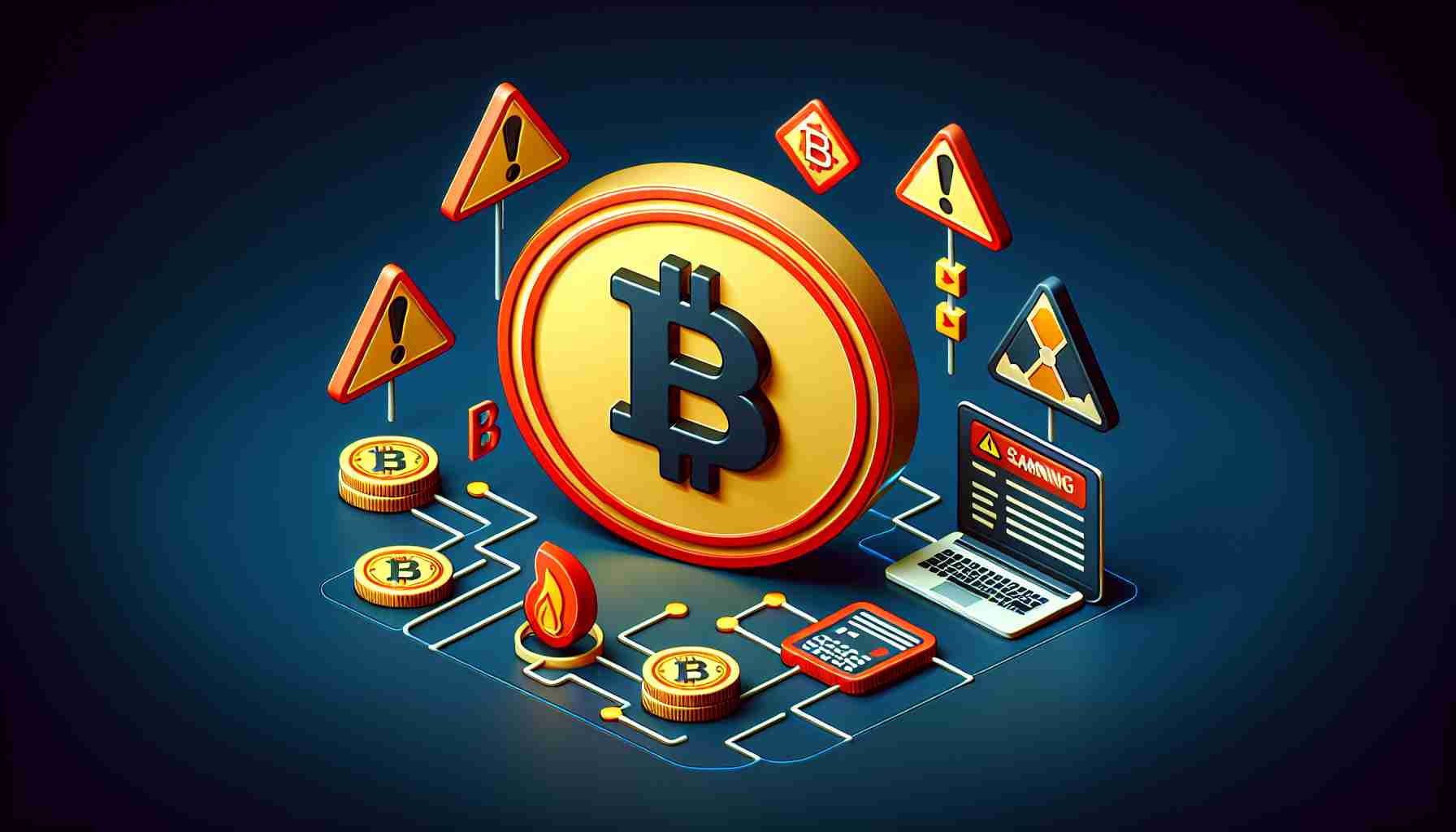Floki Inu, the project behind the popular meme token, has raised a flag of concern for its investors, alerting them about fraudulent actors circulating deceptive information. The Floki Inu community has been specifically warned against claims of their tokens being traded on unauthorized platforms such as Base or Solana, which the project states is false information.
The only legitimate platforms where Floki Inu tokens can be exchanged are the Binance and Ethereum blockchains. To further ensure investor security, Floki Inu has publicly shared their authentic contract addresses, urging users to verify these addresses before making any transactions to prevent falling victim to scams.
This sharp vigilance is in reaction to a broader issue of fraud within the cryptocurrency industry, where scammers fashion counterfeit tokens resembling well-known projects in name or appearance, to swindle traders. Practices such as airdropping bogus tokens to wallets to feign authenticity remain a common scam tactic.
Despite the immediate threat posed by scammers, the cryptocurrency community has some reasons for optimism. There has been a discernible decrease in the number of scams in 2023 as reported by Chainalysis, showing a 29.2% drop in fraudulent profits. This is indicative of heightened awareness among crypto users and tighter security implementations by cryptocurrency services.
However, as crypto-related fraudulent activities wane, other cybercrimes involving digital currencies, like ransomware and illicit dealings on the darknet, are reportedly gaining traction, setting new challenges for the industry.
Important Questions & Answers:
1. What steps can investors take to avoid token scams?
Investors can protect themselves by verifying contract addresses, only using reputable exchanges and wallets, implementing two-factor authentication, and keeping abreams of security announcements from projects they invest in.
2. How does Floki Inu ensure the authenticity of their tokens?
Floki Inu has published their genuine contract addresses for the Binance and Ethereum blockchains, and they advise users to only trade tokens that match these addresses.
3. What are some common scam tactics used in the cryptocurrency space?
Scammers often create fake tokens that look similar to established cryptocurrencies, utilize phishing through emails or fake websites, and may airdrop counterfeit tokens to wallets to trick users into thinking they have received legitimate assets.
Key Challenges or Controversies:
Challenge: The perpetuation of scams despite growing awareness and security advancements is a constant battle for crypto projects and users.
Controversy: There might be debates around the tension between decentralization and the need for authoritative entities to prevent and police such fraudulent activities.
Advantages & Disadvantages:
Advantages:
– The proactive alert from Floki Inu can prevent potential losses for investors.
– Increased awareness and security measures contribute to a decline in successful scams.
Disadvantages:
– Scammers continuously evolve their tactics, which means that the strategies to combat them also need to be frequently updated.
– The publicity around scams can affect the overall reputation and adoption of cryptocurrencies.
For further reading and the latest updates on the topic of cryptocurrency scams, you may visit reputable sources such as:
– Chainalysis for analytics and scam reports.
– Binance for trading and security updates.
– Ethereum for information on Ethereum-based tokens and security practices.
It is crucial to ensure that the URL is valid and to avoid following unverified links, as this could lead to the risks which the article warns against. Always cross-reference information and seek out legitimate sources when dealing with cryptocurrencies.



